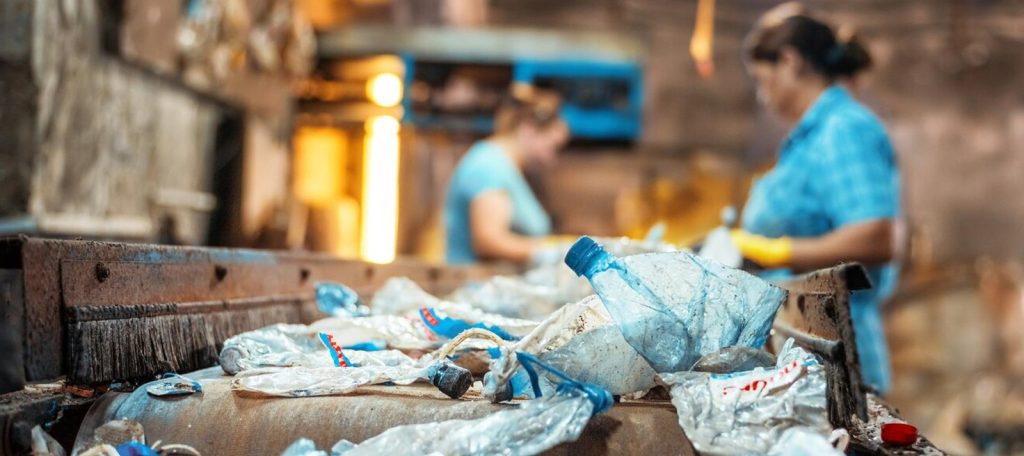Particularly since the pandemic, and with the continued rise of technology, hybrid working has exploded, and for many organisations become a normal part of the workplace. As more and more businesses adopt this model to accommodate for employee flexibility and job satisfaction, it’s important that facilities management strategies are able to keep up with the changing needs.
Adaptable Solutions
With a hybrid workplace, there are many changing aspects that can vary from day to day, making the need for flexible facilities management provision an important one.
From ensuring that the building is well-maintained to optimising energy efficiency and staff output, the needs are likely to change frequently depending on how many staff are working from home and how many are on-site. Making sure that this is still managed effectively will require an adaptable facilities management team and the use of technology to maintain levels as demand for certain provisions changes.
Physical Security
As staff divide their time between working from home and working in-office or on-site, physical security becomes extremely important in keeping the site safe for everyone.
More people are likely to be coming and going throughout the day and staff members could be taking mobile devices and laptops from the building to use from home. This creates additional needs for your security as you must make sure that those who need flexible access have it, whilst preventing unauthorised visitors from taking advantage.
It’s also important that you are able to manage devices properly so that only those staff members with permission can take laptops or other devices that could contain confidential data, from the building. This could involve changing access control, improving surveillance, and introducing security guards.
Space Utilisation
Space throughout your building should always be well-utilised but more importantly, kept safe. Combining these is another important factor that facilities management strategies should take into consideration so that your business can minimise hazards whilst continuing to be efficient.
For example, many office spaces will need to make sure that there is enough space for everyone to work in on busier days without overloading sockets or causing staff to work uncomfortably, whilst allowing them to still work together and communicate properly when the office is emptier and more spread out.
Cleaning & Sanitisation
Keeping your work environment clean is essential for staff wellbeing and minimising illness throughout the workforce. Whilst this has always been the case, hybrid working means that you may need to reinforce and refocus your existing cleaning strategy to deal with the potential increases in germs.
With many people working from home with pets or children who are in school every day, the risk of passing on more germs and allergens increases. It’s therefore important that surfaces, desks, chairs, and communal spaces are cleaned frequently and thoroughly so that these potentially harmful substances are removed from the workplace, keeping staff happy and healthy!
As hybrid working continues to be adopted by businesses, it’s important that facilities management can adapt to maintain the same levels of efficiency, safety, and security as they always have. Your FM team should be proactive, flexible and able to deal with changing demands that a hybrid workplace creates.




